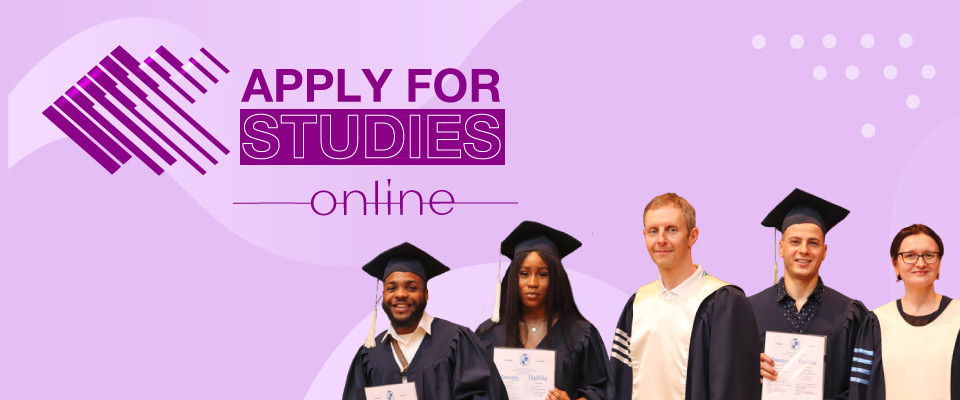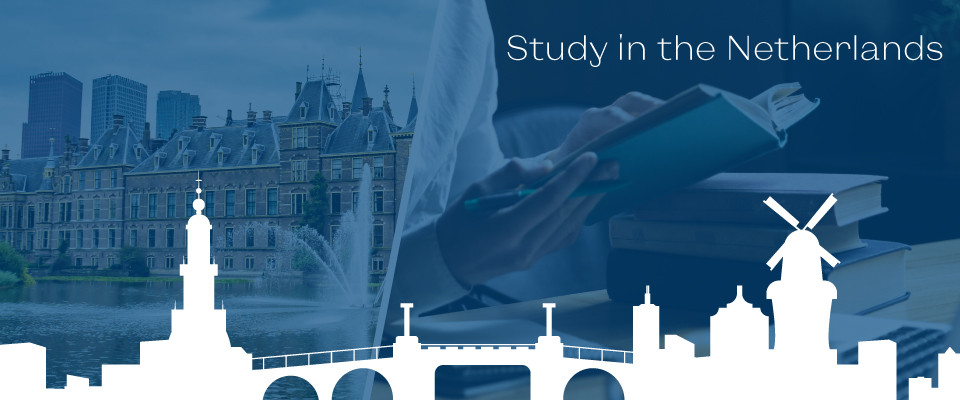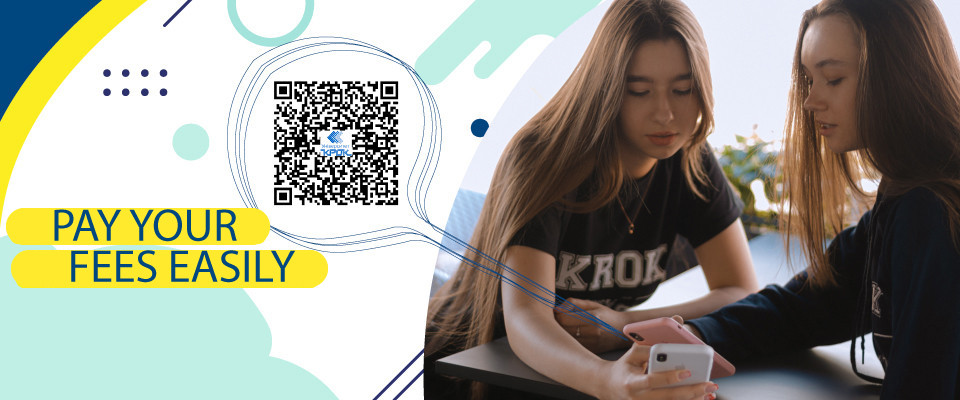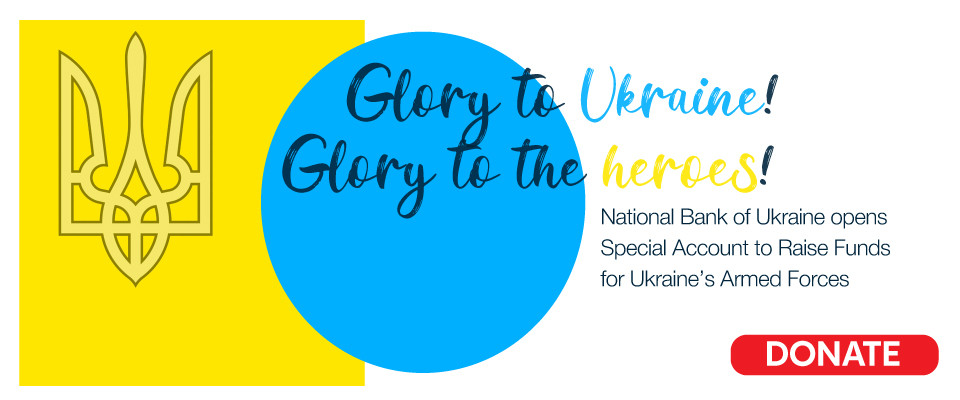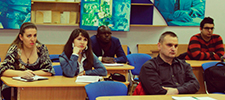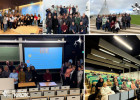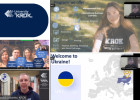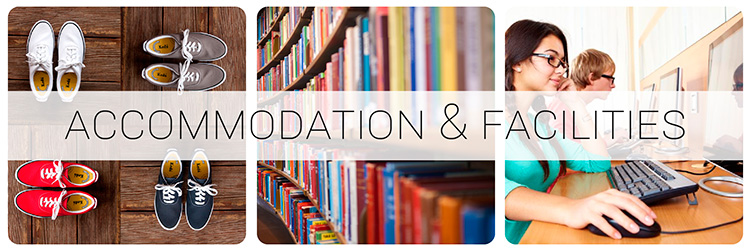Institutional Accreditation for Sustainable Progress, Innovation and Excellence of Ukrainian Higher Education System towards European Integration (INSPIRE)
ERASMUS-EDU-2025-CBHE-STRAND-3
Project duration: 48 months
Project Coordinator: Wrocław University of Science and Technology (WUST), Poland.
Partners
- University of Oslo
- University of Bayreuth
- National Agency for Higher Education Quality Assurance
- Evaluation Agency Baden-Württemberg
- Ivan Franko National University of Lviv
- Volodymyr Dahl East Ukrainian National University
- National University "Odessa Maritime Academy"
- Bukovinian State Medical University
- Sumy National Agrarian University
- Kharkiv National University of Radio Electronics
- Khmelnytskyi National University
- "KROK" University
- Ministry of Education and Science of Ukraine
- International Foundation for Educational Research
- Ukrainian Association of Students
- "IT Ukraine" Association
INSPIRE Project Summary
The main objective of the project is to implement a robust institutional accreditation framework in the Ukrainian higher education system, focusing on streamlining and optimising accreditation processes, improving quality and creating a culture of continuous improvement, and contributing to the strategic impact of higher education institutions in achieving national development goals and integrating European standards in difficult conditions of instability and external critical/destabilising influences and challenges.
Crucial to the project is the creation of a framework for Ukrainian institutional accreditation, including procedural guidelines, accreditation standards, evaluation protocols and templates for self-evaluation reports.
The project aims to reduce the administrative burden on universities, mitigate the risk of corruption and increase the motivation of teachers and students, which will ultimately contribute to the strategic development of Ukraine's higher education sector. In addition, the project will strengthen the capacity of higher education institutions and National Quality Assurance Bodies through professional development programmes for experts, staff intensive programmes dedicated to quality assurance purposes.
The institutionalisation of accreditation processes, the integration of professional development programmes into HEI development plans, and the establishment of post-accreditation monitoring mechanisms will contribute to long-term sustainability. The project is a transformational initiative that promises to improve the quality and relevance of Ukrainian higher education, which is a fundamental element of Ukraine's post-war economic recovery and European integration.
A key advantage is the ability to optimise the number of higher education institutions by identifying those that meet comprehensive quality standards and encouraging mergers or reforms where necessary. This will lead to a more efficient, high-quality higher education system in Ukraine, better allocation of resources, and institutions that can quickly adapt to national and international requirements.
The Project is co-funded by the Erasmus+ Program of the European Union.










